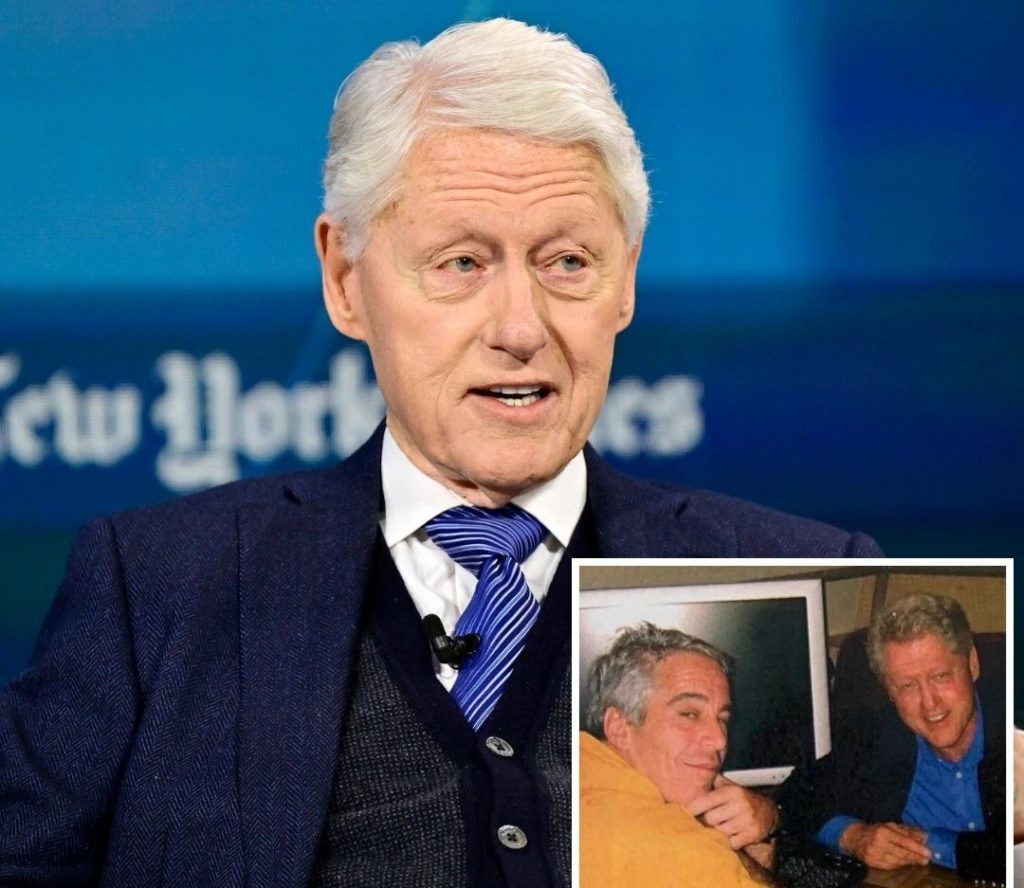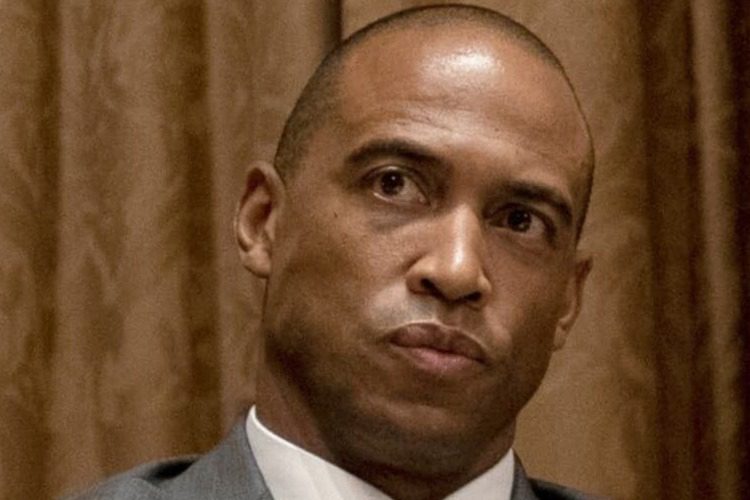French First Lady Brigitte Macron to Present Scientific and Photographic Evidence in US Court to Prove She Is a Woman After Defamation Case Against Candace Owens
Sometimes truth can be stranger than fiction, and this story unfolding around French First Lady Brigitte Macron feels almost surreal. The wife of French President Emmanuel Macron is preparing to present scientific and photographic evidence in a United States court to prove that she is, in fact, a woman. It is a bizarre and deeply personal turn in a defamation lawsuit filed against American commentator Candace Owens, who has repeatedly claimed online that Brigitte was born male and is actually her brother, Jean-Michel Trogneux.

What makes this case remarkable is not just the subject matter, but the determination of the French presidential couple to fight back against rumors that they describe as humiliating, baseless, and cruel. For Brigitte Macron, the accusations have followed her for years, often bubbling up in fringe corners of the internet, and now pushed into the spotlight by someone with a global platform. The lawsuit, filed in Delaware in July 2025, marks the first time she and her husband have taken the fight to an American courtroom.
Brigitte Macron has been a public figure ever since her husband’s rapid rise in French politics, and she has grown used to scrutiny, criticism, and gossip. But this particular rumor has always cut deeper than most. It began years ago when a French conspiracy theory claimed that she was not who she said she was, insisting she was her brother Jean-Michel and that her entire life story was fabricated. At the time, many dismissed it as outlandish nonsense, but social media thrives on spectacle, and soon the story became a recurring theme among those looking to smear the French president and his family.

In 2021, Brigitte and her family even filed a defamation case in France against bloggers who spread the story. A court initially ruled in her favor, but an appeals court later overturned the decision, not because the claims were proven true, but because of questions around free expression laws and what constitutes libel in that legal system. That experience left scars, and it also showed just how difficult it can be for public figures to legally shut down misinformation once it spreads online.
Now, in 2025, the rumor has resurfaced louder than ever because Candace Owens, an American conservative influencer with millions of followers, chose to repeat it. Owens has insisted publicly that Brigitte is not a woman, framing it as if it were an exposé rather than a smear. The Macrons responded by filing a detailed 219-page legal complaint in Delaware, targeting Owens directly and accusing her of knowingly spreading lies to gain attention, engagement, and profit.

What is extraordinary is the level of detail the Macrons are prepared to bring to court. Their attorney, Tom Clare, told reporters that the evidence includes both scientific proof and photographic records from across Brigitte’s life. That means medical testimony, personal records, and, crucially, photographs of Brigitte during her pregnancies with her children. They believe this material will once and for all silence the speculation. In addition, the legal filing is expected to include expert witnesses who can confirm her biological identity, dismantling the conspiracy theory at its root.
For Brigitte herself, the lawsuit is not just about clearing her name. She has described the accusations as deeply upsetting, not only to her personally but also to her children and grandchildren. Imagine being in the public eye, already facing constant judgment, and then having something as fundamental as your identity attacked. To her, the lawsuit is about dignity, truth, and pushing back against the darker side of internet culture where falsehoods are amplified until they feel real to some people.

The fact that this battle is playing out in the United States also raises fascinating questions about law, jurisdiction, and responsibility in the digital age. Owens is an American citizen, and her business is registered in Delaware, which gives the Macrons a legal pathway to sue her there. Owens has already tried to dismiss the case, arguing that the court does not have proper jurisdiction or that the claims do not rise to the level of defamation under American law. But the Macrons are confident that the evidence they will present will meet the legal threshold and prove Owens’ statements were false, reckless, and damaging.
Beyond the courtroom drama, this case speaks to something larger. It shows how easily misinformation can travel across borders and how difficult it is to contain once it takes root online. A rumor that began in France years ago has now found itself in the heart of an American legal battle. It also shows how vulnerable public figures can be, even those with as much visibility and power as the French first lady. If someone in her position can be forced to prove something as personal and private as her biological sex in court, it makes you wonder what hope ordinary people have when lies about them go viral.
Critics of Owens say that this is exactly why such lawsuits are necessary. Without consequences, influencers and commentators with massive audiences can repeat conspiracies with little regard for the human beings they target. Supporters of Owens, however, argue that this is about free speech, that people should be allowed to speculate or question without being dragged into court. That tension—between the right to speak freely and the right to protect one’s reputation—has always been at the heart of defamation law, and this case is set to test those boundaries in a very unusual way.
For now, the world is watching to see what happens when the Macrons step into an American courtroom. Will the evidence they present settle the matter once and for all? Will the court rule that Owens crossed the line from commentary into defamation? Or will the case end up fueling even more attention and conspiracy theories, regardless of the outcome?
Whatever the result, it is clear that Brigitte Macron is determined not to let these rumors define her. By agreeing to provide such personal and private proof, she is showing both vulnerability and resolve. It is a reminder that behind the headlines and the political roles, public figures are still people who can be hurt by lies. And it is also a reminder that the digital age has created a world where falsehoods spread faster than ever, and sometimes the only way to fight back is to drag the truth into the light of a courtroom.
This story may feel strange, even absurd at times, but at its heart, it is about something very human: the fight for dignity, for truth, and for the right to be seen as who you are.



